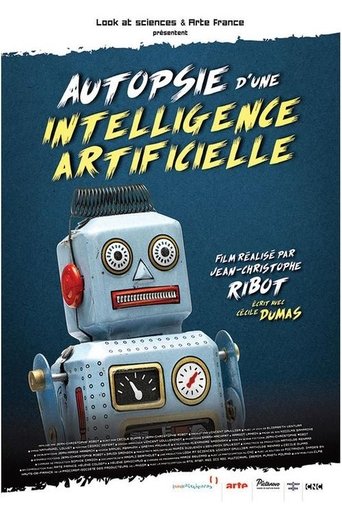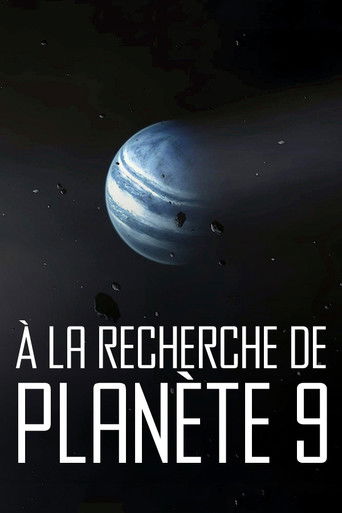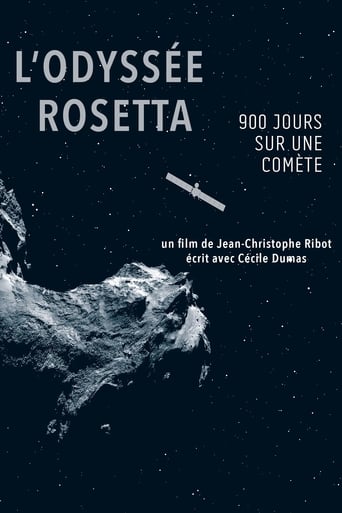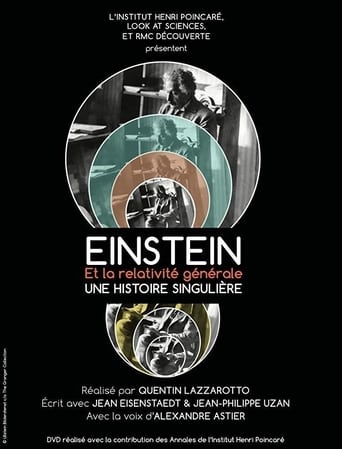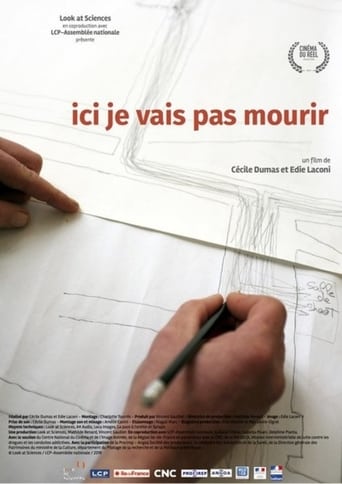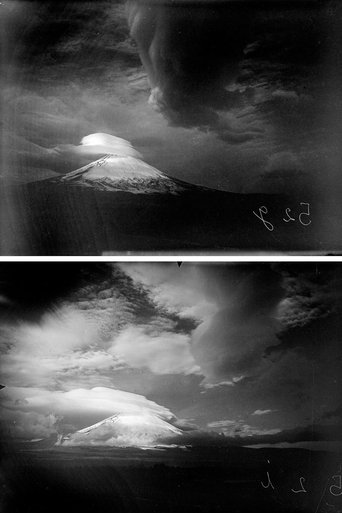Look at Sciences
Searching for Planet 9 2022
At the edge of our solar system supposedly lies an immense planet. Five to ten times the size of the Earth. Several international teams of scientists have been competing in a frantic race to detect it, in uncharted territories, far beyond Neptune. The recent discovery of several dwarf planets, with intriguing trajectories, have put astronomers on the trail of this mysterious planet. Why is this enigmatic planet so difficult to detect? What would a ninth planet teach us about our corner of the universe? Could it help us unlock some of the mysteries of our solar system?
Einstein et la Relativité Générale, une histoire singulière 2015
Albert Einstein's theory of general relativity has revolutionised our understanding of gravity, space and time. Initially acclaimed, then forgotten, and now rediscovered, the adventure of this hundred-year-old theory has marked the scientific history of the 20th century. From its inception, a mathematical difficulty arose that could have nipped the theory in the bud: the Schwarzschild singularity. In the company of great international relativistic physicists, the viewer embarks on a discovery of this theory with a singular destiny. We discover a "curved" universe that proves to be even stranger than Einstein had envisioned, and harbours some objects - such as black holes - that still challenge today's scientists.
Here I'm Not Gonna Die 2021
Here is the “lower-risk consumption room”, the drug injection room that opened in October 2016 in a building at Lariboisière Hospital in Paris. A place that the film never quits, except for a few seconds out on a stretch of pavement, as the credits open. One or two shots are enough to establish the exterior and remind us of the hostility of some nearby residents – the glimpse of a board tied to a window: “No to the drug injection room”.
Peau d'âme 2018
The Ungemach Experiment, a Story of Eugenics 2021
In 1924, a garden city, called “Ungemach”, was inaugurated in Strasbourg; it was restricted to couples who bore “healthy and fertile strains”. This officially eugenicist experience was endorsed by both political and scientific authorities, and the selection system lasted until the 1980s! To understand the genesis of such a project, it is necessary to revisit the history of eugenics. We will first go to England, where the concept was born and developed in the 1880s. Then to the United States, Switzerland, the Nordic countries, Japan, where, since the 1920s, large-scale sterilization policies have been implemented to eradicate health and social "defects", long before Nazi Germany. This question of eugenics is a universal one; its implementations were numerous and it still permeates ethical debates on medically assisted procreation techniques or Transhumanism today.
The Cloud People 2023
By the time mankind is beginning to experience the first significant effects of climate change announced for decades by scientists, a major scientific campaign of clouds observation is taking place in the Caribbean, bringing together researchers from all over the world. It is no longer a question of preventing the warming of the atmosphere, but of knowing precisely what will be the scale of it. Within this research, the role of clouds is still the biggest unknown since we don't know if they will increase or dampen the warming. The tiny island of Barbados, where the campaign is taking place, is at the forefront of the challenges ahead. Through the successes and failures of the campaign, Barbadians and climatologists explore the fascination that clouds inspire. Somewhere between science, history and poetry, they draw a composite portrait of research.
